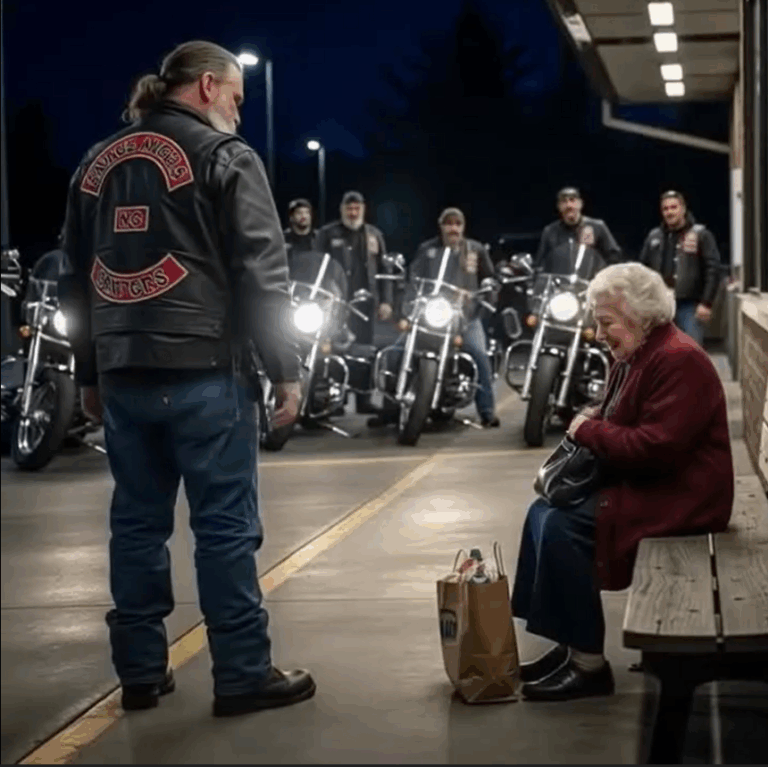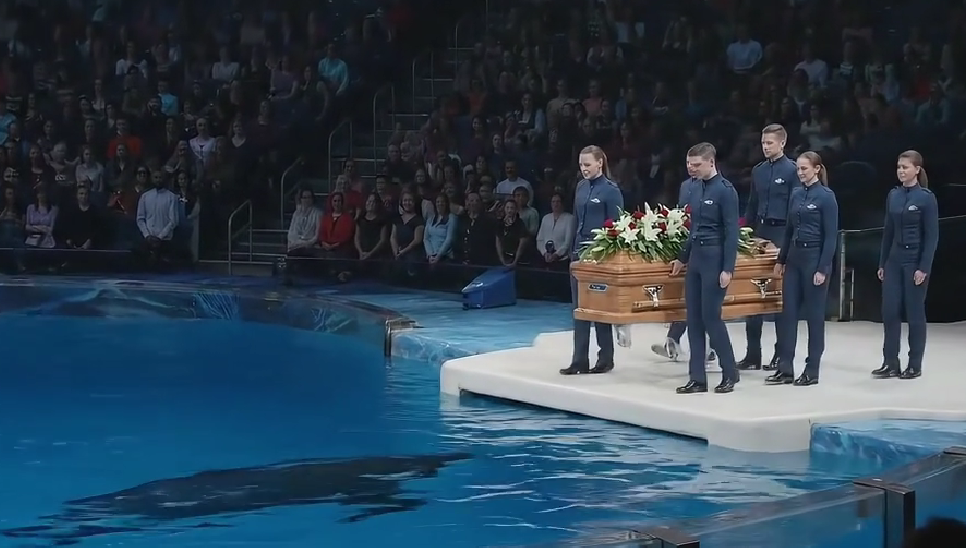After nearly twenty years officiating weddings, I thought I’d seen it all. Joy, nerves, the occasional wardrobe mishap—but nothing prepared me for the moment I spotted three barely visible words scribbled between the lines of a bride’s vows:
“Help me. Please.”
At first, I questioned what I was seeing. But when I looked up, her forced smile and trembling hands confirmed it wasn’t a mistake. Her eyes locked with mine—wide, pleading—and in that moment, I knew she meant every word.
When we reached the part of the ceremony where I asked, “Does anyone object?” I paused.
Then I said clearly, “I do.”
Gasps echoed across the church. The groom’s face flushed with fury. He started to speak, but I raised a hand—calm, firm—and turned to the bride.
“Do you want to go?” I asked gently.

She hesitated for half a second, then whispered through tears, “Yes.”
I stepped aside and offered her my arm. We walked down the aisle—not as bride and officiant, but as someone escaping and someone helping her get there.
Behind closed doors, her story poured out. The wedding had been arranged. Her fiancé monitored everything—her phone, her bank account, even who she could see. She had no one left to turn to. That hidden message in her vows was her last hope.
With help from a local shelter, she found safety, support, and slowly began reclaiming her life.
A few weeks later, a delivery arrived at the church: a bouquet of white lilies and a handwritten note that read:
“Thank you for noticing me when no one else did.”
That day, I learned something that’s stayed with me ever since:
A wedding isn’t always the start of a life together.
Sometimes, it’s the moment someone finally gets the chance to live their own.




